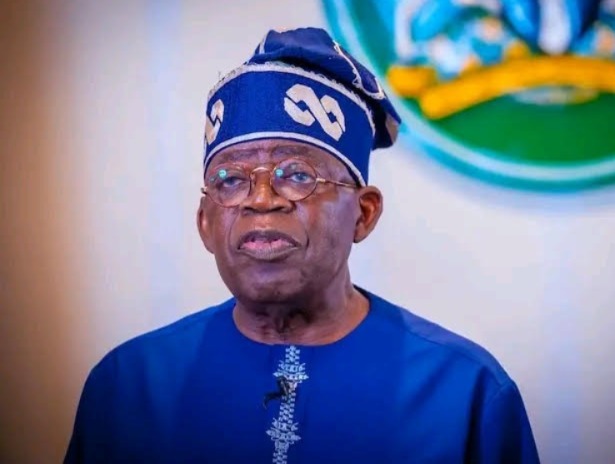The Nigeria Association of National Professional Footballers (NANPF) has commended President Bola Tinubu for signing a Bilateral Air Service Agreement (BASA) with Brazil, a move anticipated to significantly enhance air travel between the two countries and unlock extensive opportunities for Nigerian sports professionals.
CSP Chijioke Kalu Erem, director of players’ safety and security at NANPF, stated that the agreement, signed during Tinubu’s recent official visit to Brazil, could revolutionise Nigerian football through strengthened collaboration with Brazilian and South American football institutions.
According to Kalu, improved connectivity will facilitate player exchanges, technical partnerships, and greater competitive exposure for clubs in the Nigeria Premier Football League (NPFL).
He pointed out that Brazilian football enjoys global prestige, with a legacy of producing legends such as Pelé, Ronaldo, Ronaldinho, and Neymar. Brazil has also won five FIFA World Cup titles—more than any other nation—highlighting its sustained excellence in global football.
Beyond talent development, Kalu emphasised that Brazil’s experience as host of major global tournaments, including the FIFA World Cup and the Olympics, provides a wealth of knowledge that Nigeria can leverage. “Brazil possesses extensive expertise in facility safety, stadium maintenance, and crowd control management at football venues,” he said.
“These are areas the NPFL and Nigerian sports administrators must prioritise, and partnerships with Brazil can accelerate that process.”
He urged the NPFL, Nigeria Football Federation (NFF), and domestic leagues to seize the momentum and realise the full potential of the agreement. “Proactive engagement with Brazilian football bodies could pave the way for youth development programmes, joint training camps, friendly matches, and scouting exchanges,” he said.
Kalu, who also serves as a board member of the Nigerian Mixed Martial Arts Federation, highlighted the broader sports implications of the aviation agreement, including in Brazilian Jiu-Jitsu and Mixed Martial Arts (MMA), areas in which Brazil is a global leader.
He stated that the deal could enable Nigerian fighters and coaches to access elite training centres, participate in coaching exchanges, and compete in international MMA tournaments.
Kalu encouraged Nigerian sports authorities to incorporate martial arts into future exchange programmes with Brazil and apply lessons from Brazil’s sports infrastructure to improve Nigeria’s own systems.
“Brazil has successfully leveraged its sports culture and expertise to become a global leader—not only in football but also in combat sports,” he said. “Nigeria can learn from this blueprint to develop its local sports ecosystem.”
He concluded by asserting that the Nigeria-Brazil aviation deal should be seen not merely as a diplomatic breakthrough but as a strategic foundation for long-term sports development and international collaboration.
“With coordinated planning and stakeholder commitment, this agreement can elevate Nigerian sports, create global career opportunities for athletes, and establish a framework for sustained sports diplomacy,” Kalu stated.











